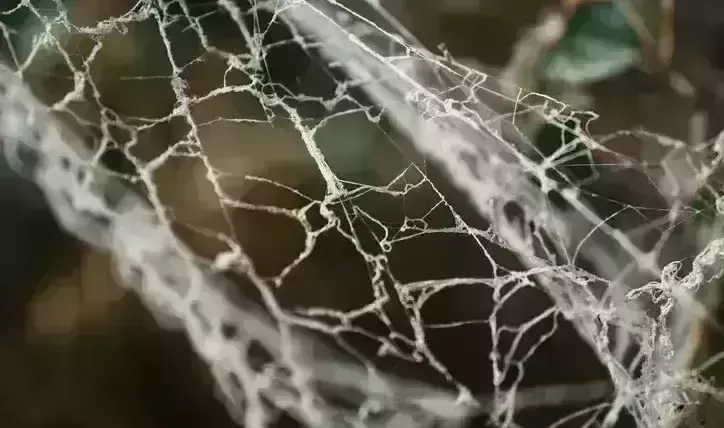
Researchers develop plant-based material to replace single-use plastics
text_fieldsLondon: The UK based researchers are claimed to have developed a plant-based material that is expected to reduce the use of plastic by being an alternative material to single-use plastic.
The material is said to be plant-based, sustainable, and scalable material as an alternative to plastics.
The researchers at the University of Cambridge created a polymer film by mimicking the properties of spider silk, one of the strongest materials in nature.
According to the researchers, the new material is as strong as many common plastics in use today and could replace plastic in many common household products.
The researchers used a new approach for assembling plant proteins into materials that mimic silk on a molecular level.
As per the researchers, a non-fading 'structural' colour can be added to the polymer, and it can also be used to make water-resistant coatings.
The researchers argued that while other types of bioplastics require industrial composting facilities to degrade, the material developed by them is home compostable.
In addition, the material requires no chemical modifications to its natural building blocks, so that it can safely degrade in most natural environments.
The results are reported in the journal Nature Communications.
The idea of developing the material came after Professor Tuomas Knowles in Cambridge's Yusuf Hamied Department of Chemistry and his team became interested in why materials like spider silk are so strong when they have such weak molecular bonds, as part of his protein research on Alzheimer's disease.
"We found that one of the key features that give spider silk its strength is the hydrogen bonds are arranged regularly in space and at a very high density," said Knowles.
The researchers successfully replicated the structures found on spider silk by using soy protein isolate (SPI), a protein with a completely different composition.
The new technique uses an environmentally friendly mixture of acetic acid and water, combined with ultrasonication and high temperatures, to improve the solubility of the SPI.
This method produces protein structures with enhanced intermolecular interactions guided by hydrogen bond formation. In a second step, the solvent is removed, which results in a water-insoluble film.






















